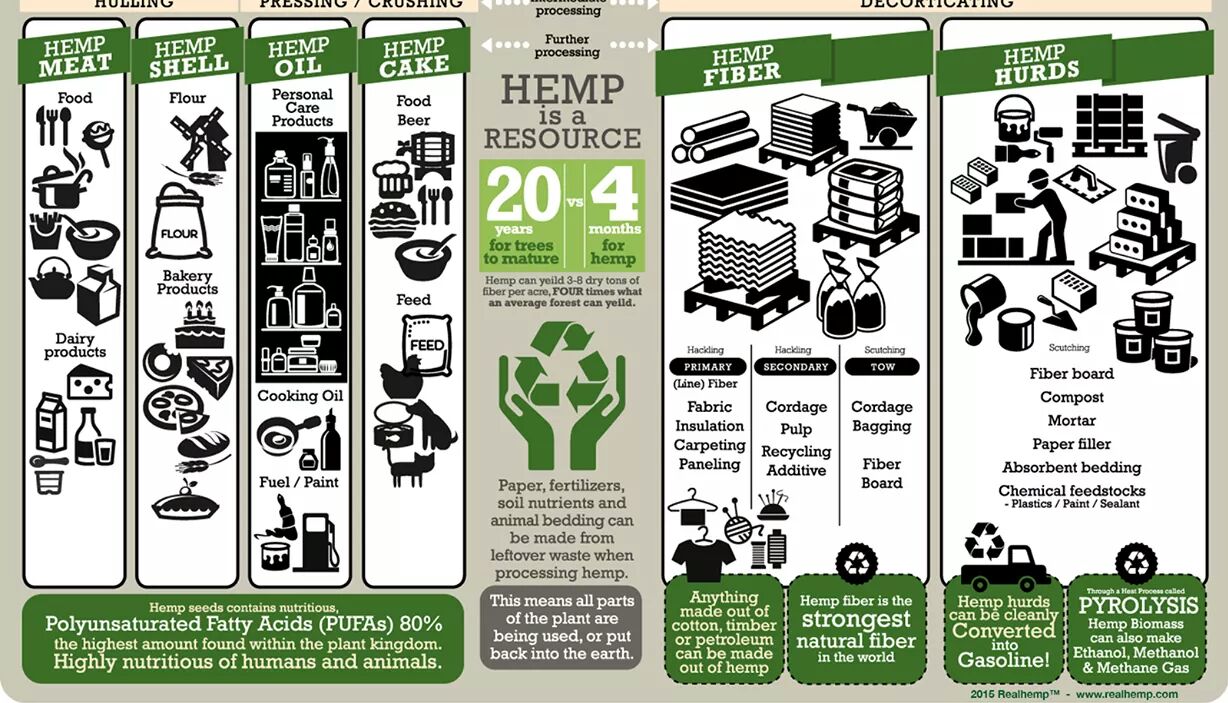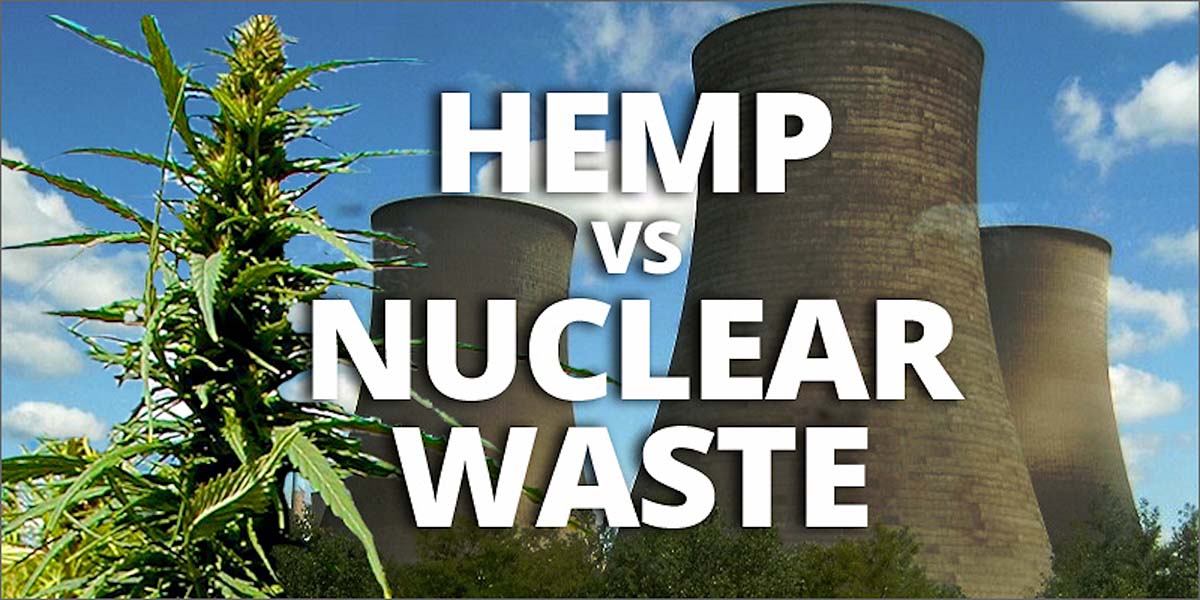
Harnessing the Benefits of Hemp: A Comprehensive Guide
Hemp has been used for centuries in a variety of ways, from fiber to food to building materials. With the recent surge in interest in the health and wellness benefits of hemp, as well as its potential as an environmentally-friendly alternative to traditional materials, it’s no wonder that more and more people are turning to this versatile plant. In this comprehensive guide, we will explore the basics of hemp, its nutritional and medicinal benefits, its industrial uses, and more.
What is Hemp? Understanding the Basics
Hemp is a variety of the cannabis plant that is grown specifically for industrial use. It is used for its fiber, seeds, and oil, which can be used to make a wide range of products. Unlike marijuana, another variety of the cannabis plant, hemp contains very low levels of tetrahydrocannabinol (THC), the psychoactive compound that gives marijuana its intoxicating effects.
Nutritional and Medicinal Benefits of Hemp
Hemp is a nutritional powerhouse, packed with protein, fiber, and essential fatty acids. It is also rich in vitamins and minerals, making it an excellent addition to a healthy diet. In addition to its nutritional benefits, hemp has also been shown to have a wide range of medicinal benefits, including reducing inflammation, managing pain, and improving mood.
Industrial Uses: From Building Materials to Textiles
Hemp has a wide range of industrial uses, from building materials to textiles to biofuels. Hemp fiber is incredibly strong and durable, making it an ideal material for everything from clothing to rope to paper. Hemp seeds can be used to make a variety of products, including oils, food, and even biodegradable plastics.
Hemp Oil and CBD: Exploring the Health Benefits
Hemp oil and CBD (cannabidiol) are two products that have gained popularity in recent years due to their potential health benefits. Hemp oil is extracted from the seeds of the hemp plant and is often used in cooking or as a supplement. CBD, on the other hand, is extracted from the flowers and leaves of the plant and has been shown to have a wide range of medicinal benefits, including reducing anxiety and depression, improving sleep, and reducing pain and inflammation.
Growing Hemp: Tips for a Successful Harvest
Growing hemp can be a rewarding experience, but it also requires careful planning and attention to detail. It is important to choose the right location, prepare the soil properly, and choose the right variety of hemp for your needs. Proper irrigation and pest control are also essential for a successful harvest.
Legal Status of Hemp: Regulations and Restrictions
The legal status of hemp varies from country to country and even from state to state within the United States. In general, hemp is legal to grow and use for industrial purposes, but there are still many restrictions in place. It is important to research and understand the regulations in your area before growing or using hemp.
In conclusion, hemp is a versatile and valuable plant with a wide range of benefits. Whether you’re interested in using it for its nutritional and medicinal properties, its industrial uses, or its potential as an environmentally-friendly alternative to traditional materials, there are many reasons to explore the benefits of hemp. By understanding the basics of hemp, its uses, and its legal status, you can make informed decisions about how to incorporate this valuable plant into your life.













